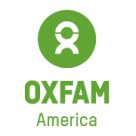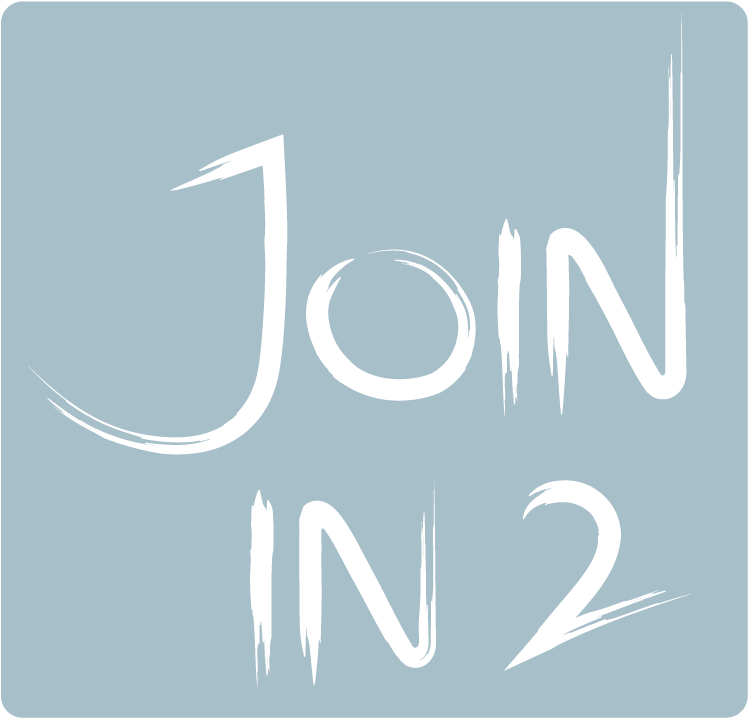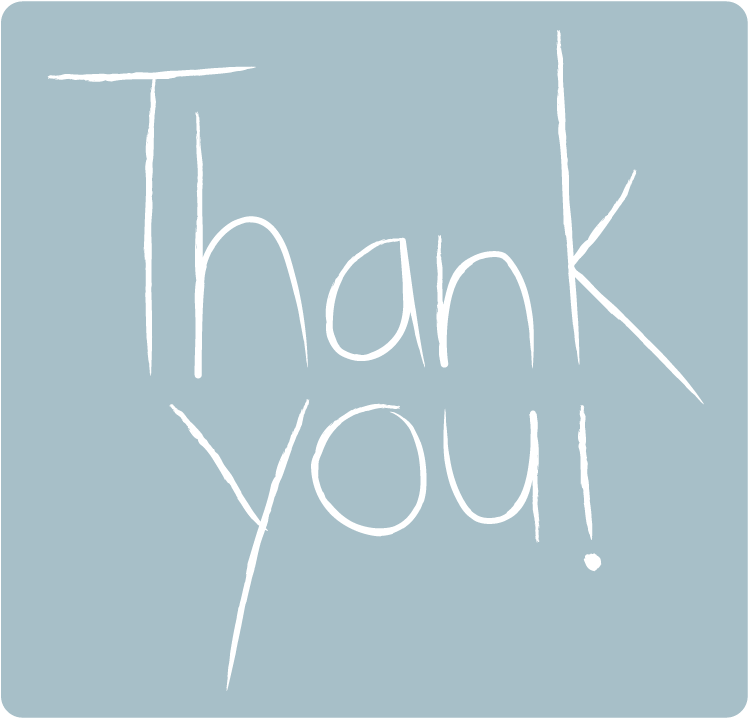
Plant Hope. Give a Tree.| 1min
Director: Oxfam America | Producer: Oxfam America
Focus Years: 2010 | Country: United States
Synopsis:
Trees not only produce life-sustaining crops like avocados and bananas, but they also prevent erosion and provide much-needed shade for coffee and other staple plants - which means that these trees are key to economic growth and a greener world. Around the camps of Darfur, trees are precious and few. The summer sun is fierce, and the shelter of trees is not so much a comfort as a necessity. Here in the shade, men weave colorful strings into beds, and women take turns pounding corn into meal with a giant mortar and pestle. Children play games and share the cool shadows with a donkey at rest. Since 2003, when the crisis in Darfur drove millions of people from their homes into temporary settlements, the demand for firewood has taken a heavy toll on trees in and around the camps. But there are subtle signs of recovery: along the wide, sandy streets of the camps near the town of El Fasher, saplings of fruit and forest trees are emerging from behind protective fences built of brick and woven thorn. The young trees were raised in a nearby nursery and distributed by the Darfur Recovery and Development Organization (DRA), a Sudanese partner of Oxfam. There are lemon and guava trees for fruit; the fast-growing neem, which has medicinal qualities; and the arak, which can survive any drought - 5,000 trees in all, distributed to the displaced communities for planting and care. Soon there will be shade and fruit, and the beginnings of a forest to replace those that were lost. It’s everything we need: it was under a laloba tree that Adam Musa used to wait with 60 or 70 other men for an offer of work each day. The labor was hard - often loading trucks with sand, rubble, and bricks. Ten men might get hired on a given morning, but Musa was at a disadvantage: he was wounded in the war during an attack on his village. His right calf is scarred and painful, and he walks with a visible limp. “If Allah has given you more life,†warned his doctor, “you should not carry heavy things.†But with parents and children to support, he had little choice. It’s different now, thanks to DRA and a gentle donkey named Murzoog. DRA worked with community leaders in the camps around El Fasher to identify 100 residents – of whom Musa was one – who were struggling to care for their dependents. The agency provided them with carts, donkeys, and training in the care and feeding of the animals – teaching them how to make a harness that won’t cause injury, the importance of veterinary care, and how to provide all the nutrients a hard-working donkey needs to stay healthy. He and Murzoog now make deliveries around the camp, hauling small loads of construction material, fuel, water, and whatever else needs moving. The work is easier and the money is better than before. Now Musa is able to send all his children to school and supplement their diet of sorghum and lentils with okra, tomatoes, dried meat, onions, milk, and salad. Sometimes there is rice for the children, he says. “It’s everything we need.†For children, goat’s milk and an education: in the nearby camp of Zamzam, Kobra Khatir hires people like Adam Musa to transport her produce, though not long ago, it was far beyond her means. Khatir’s husband was killed in the conflict, and for years she struggled to raise four young children on her own. When DRA asked community leaders in three camps near El Fasher to identify 150 women and youth who were in greatest need of assistance, she was chosen – a decision that has changed her life. The agency provided her a grant of $135 and a series of trainings in entrepreneurship, and now she is a successful market vendor. “Before I received support, I had nothing,†she says. “I used to go and work for people all day and come back with five pounds [$2.25].†Now she sits in the shade of a laloba tree selling fresh food like limes, grapefruit, oranges, bread, and homemade peanut butter. Each day she earns two to four times what she used to make as a casual laborer – enough to feed and clothe her children and send them to school when they come of age. And she’s saved up enough for a goat, so the children have milk – and the promise of more goats to come. Improving the lives of our people: like a skillful tailor, DRA gathers up the broken threads of life in Darfur and weaves them back together, matching the needs of the most vulnerable camp residents with the demands of the marketplace, and the needs of the environment with those of the people who live in it. So far, it is working well. “A vulnerable widow who had nothing in the past now has something,†says Musa Ibrahim Musa, a community leader whose camp has benefited from all three programs of DRA. “The donkey cart program helped people earn an income. Trees are growing and maybe next year will bear fruit. These programs have really improved the lives of our people.â€
Plant Hope. Give a Tree.
|
1min
Search information, ideas, subjects related to this story:
Wikipedia :
- Agroecology
- Alternative Education
- Biodiversity
- Climate Change
- Community Development
- Cultural Behavior
- Cultural Ecology
- Deep Ecology
- Development Theory
- Eco Crisis
- Eco Feminism
- Ecological Footprint
- Ecology
- Ecosystem
- Education
- Environmentalism
- Habitat Conservation
- Health
- History of Education
- Illiteracy
- Overexploitation
- Philosophy Of Education
- Philosophy of Environment
- Planning
- Pollution
- Psychology Of Education
- Rationalization
- Social Change
- Social Progress
- Socio-cultural Evolution
- Sociology Of Education
- Special Education
- Sustainability
- Sustainable Development
- Understanding Environment
- Water Pollution
- Welfare
- World Environmental Issues
- World Literacy Rate Index
Other Articles/Sites :
Send funds to team of this film/project:
NOTE: 100% of your funds are sent directly from here.

Close
This storyteller has yet to share/set a wallet for the direct fund transfers.
Shall we send an email request on your behalf?
Close
peace



